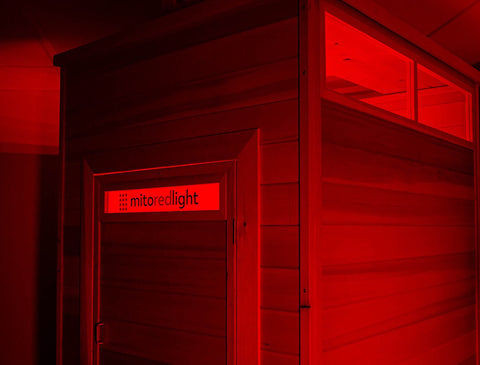Abstract
Purpose: Light therapy was only partially effective in treatment of depression when compared with summer's sunlight. The antidepressant effect of infrared irradiation was evaluated using an experimental animal model.
Methods: Seventeen mice were randomly assigned to the exposure group (n = 9) and the control group (n = 8). The mice in the exposure group received infrared irradiation for 60 min daily during the study period of 4 weeks. The two groups were given forced swim test once a week to evaluate depression with the measurement of the immobility time.
Results: We found that the exposure group showed a tendency of less immobility time by the end of the 3rd week when compared with the control group, and at the end of 4th week the difference reached a statistical significance (t(15) = 2.873; p = 0.012).
Conclusions: The result indicates that the immobility time in forced swim test, the sign of depression, can be reduced after prolonged (4 weeks) exposure to infrared irradiation in the animal model. The result suggests that a continuous application of infrared irradiation has antidepressant effect.




















